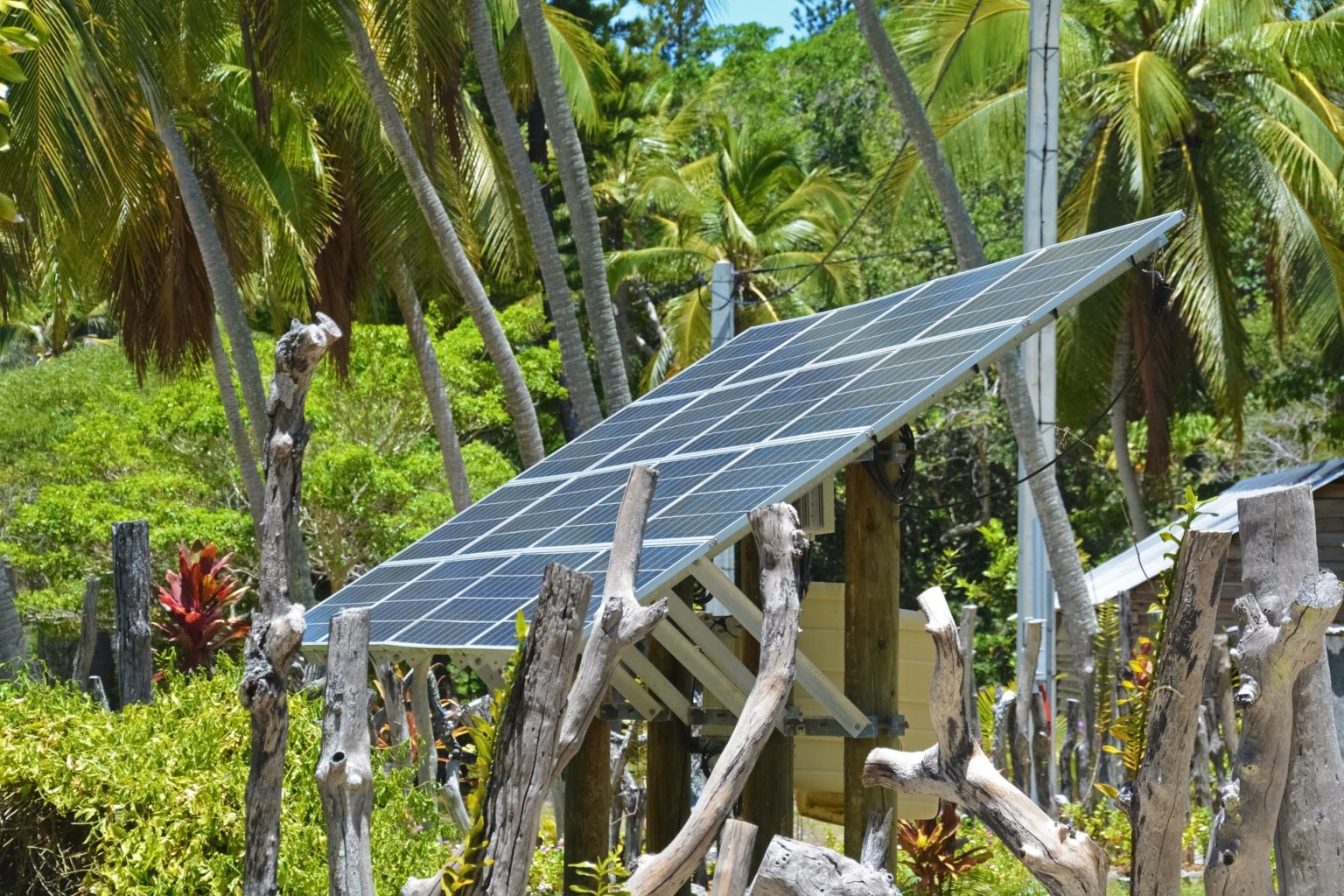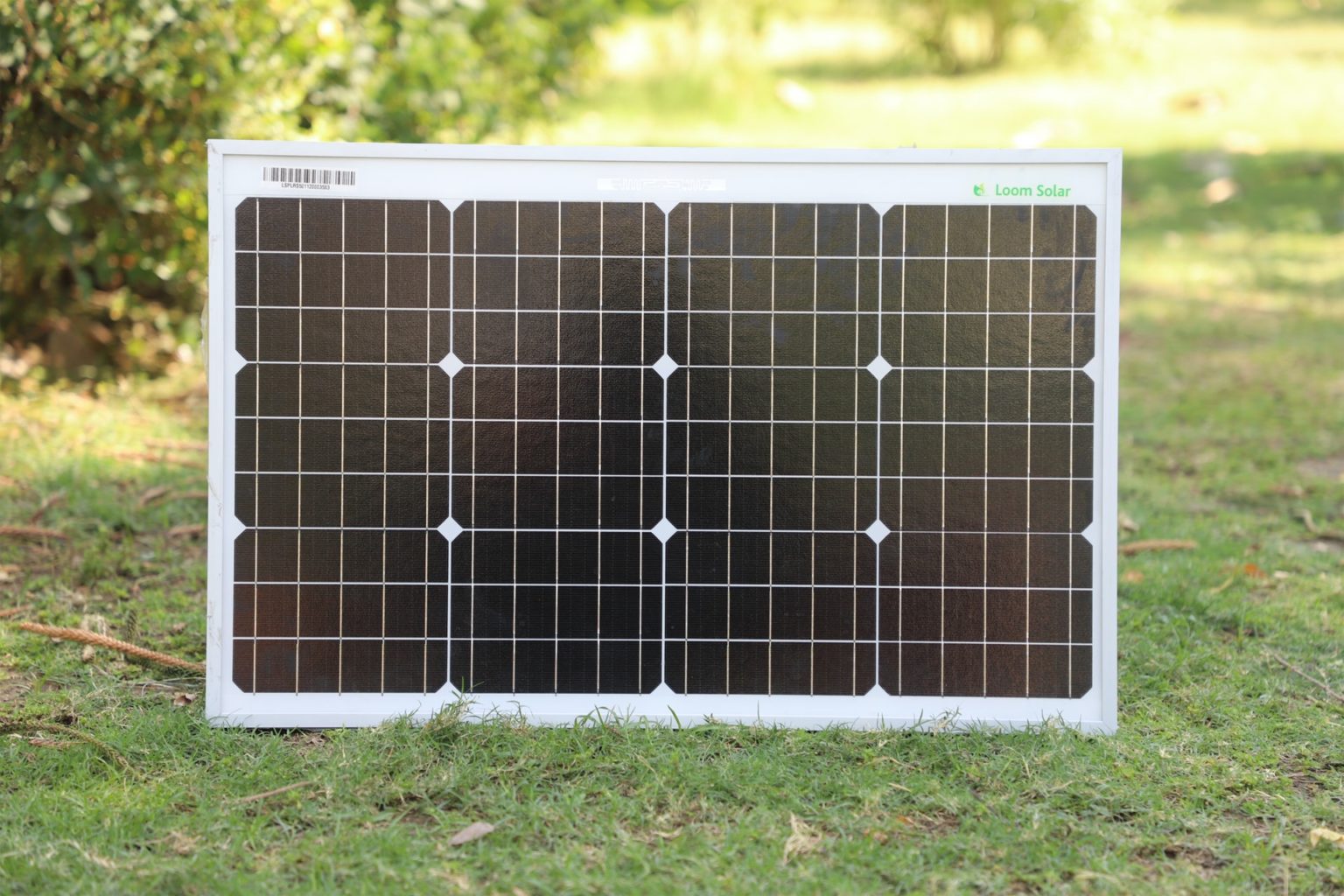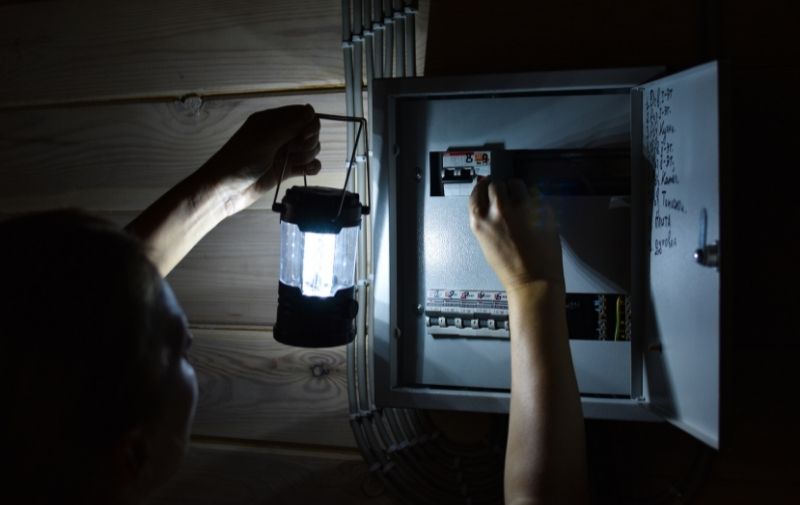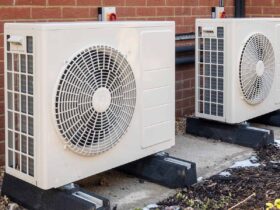Buying the right solar powered generator is quite similar to buying a vehicle; you have a budget in place and a list of features or uses you intend to enjoy through it. But what most people don’t realize is that finding the best solar generator can turn into an overwhelming task, considering there are several different solar generators available in the market.
But you don’t have to worry anymore. In this blog post, we have outlined some major factors that can make the search easier as well as help you to make the best buy.

Why Buy Solar Powered Generators?
Having a reliable solar generator nearby as a backup for emergency situations such as blackouts, floods, storms, earthquakes, power outages, and hurricanes has become increasingly crucial. But that’s not it – solar powered generators are equally handy when it comes to powering recreational activities like RV trips, camping, and even fishing.
Many people might argue that fuel generators can serve the same purpose. However, nobody can deny the plethora of disadvantages that come attached with them. They are polluting, noisy, and depend heavily on a limited (and close proximity) fuel source. It is crucial to understand that in emergencies (as mentioned above), it might not be possible for you to easily access a fuel source, making the generator completely useless.
Nonetheless, thanks to solar generators, you can now receive and enjoy a green energy backup source wherever and whenever you need it, as it combines lithium-ion batteries with solar power to work. And doesn’t depend on any external fuel source for functioning.
Things to Consider Before Buying Solar Generators
SimpleSolarLiving outlines some of the key factors you should consider when hunting for the best solar generator. Here they are:
#1 – Power Capacity
One of the first things to consider before buying solar generators is the maximum surge inverter rating. This rating or value indicates the maximum power capacity that the solar generator system would be able to instantly supply.
It mainly applies to refrigerators and motors, which involve an instant electric current surge that persists only for few milliseconds. Therefore, before choosing a solar powered generator, it is best to check the surge power demand of such appliances and verify that they are less than the maximum surge inverter rating.
#2 – Battery Capacity
Another key element to consider is the storage volume of the rechargeable battery. It is typically measured in “watt-hours.” Please note that the battery’s capacity indicated the total time that your appliances (refrigerators, mini-cooler, fans, etc.) can stay connected to a generator.
Moreover, it also indicated the number of times an electronic device can get fully charged through it. In addition to this, the battery capacity also influences the amount of time you would need to charge the solar powered generator.
Another thing to keep in mind is that built-in solar panels aren’t very common in every type of solar generator; hence if you seek an off-the-grid power supply that is totally independent and suitable for RV or camping trips, you will have to buy a solar panel in addition to the generator.
Note: Charging times will vary based on the weather conditions.
#3 – Available Charging Modes
A high-quality solar generator should offer different ways to charge itself rather than just solar panels. Why? Because charging times while utilizing energy directly from the sun would vary based on two elements:
- Sun exposure
- Weather conditions
Moreover, at the time, this charging source might just not be fast enough to recharge the entire generator system. Thus, consider buying a solar generator with a power station that is easily able to charge the battery from other power outlets (usually done from AC outlets) or from a 12V battery (best for camping and RV trips).

#4 – Usage Suitability
Bear in mind that not all solar powered generators are suitable for all kinds of customers. Now, it doesn’t at all mean that the product is bad; it simply means that it hasn’t been designed for what you intend on using it for.
Therefore, when searching for a solar generator, it is crucial to first consider what appliances you want to charge with it as well as what do you want the generator to back up. Considering these elements can significantly help you pick a generator that best and accurately fits your needs. Plus, it can also prevent under- or oversizing.
So, assess how many appliances can be connected to the generator at the same time? Which devices can you get connected to the power station? For how long can you run the devices while they’re connected to the generator? And the number of times you can get them fully charged?
#5 – Portability
Last but not least, portability is another crucial deciding factor when buying solar generators. Several solar powered generators available in the market nowadays combine both practicality and functionality, enabling you to basically have your cake and eat it, too! Hence, in any case, you would most likely find all the features you’re looking for and need in a solar generator.
Some of the best portable solar generators we have come across weigh a decent amount. But don’t worry much as they come with wheels and handles to enable effortless transportation, irrespective of weight.
Therefore, before finalizing your purchase, check whether the generator is portable enough to be carried from room to room or whether it can be lifted into your vehicle. Because if you want them to be as mobile as you are, we suggest you look for products that are either lightweight or have wheels and handles.
Closing Note
Before we conclude your list of “5 Things to Consider Before Buying Solar Generators,” there is something else you should know. Some solar powered generators available out there come with several other features. For instance, one generator might get charged only through solar power, whereas others might offer three possible ways for the same.
Likewise, some brands even offer integrated charge controllers – necessary for solar charging – for free, while others might demand that you buy them separately. So be sure to consider all these supplementary factors as well before making a final decision.






















Leave a Reply